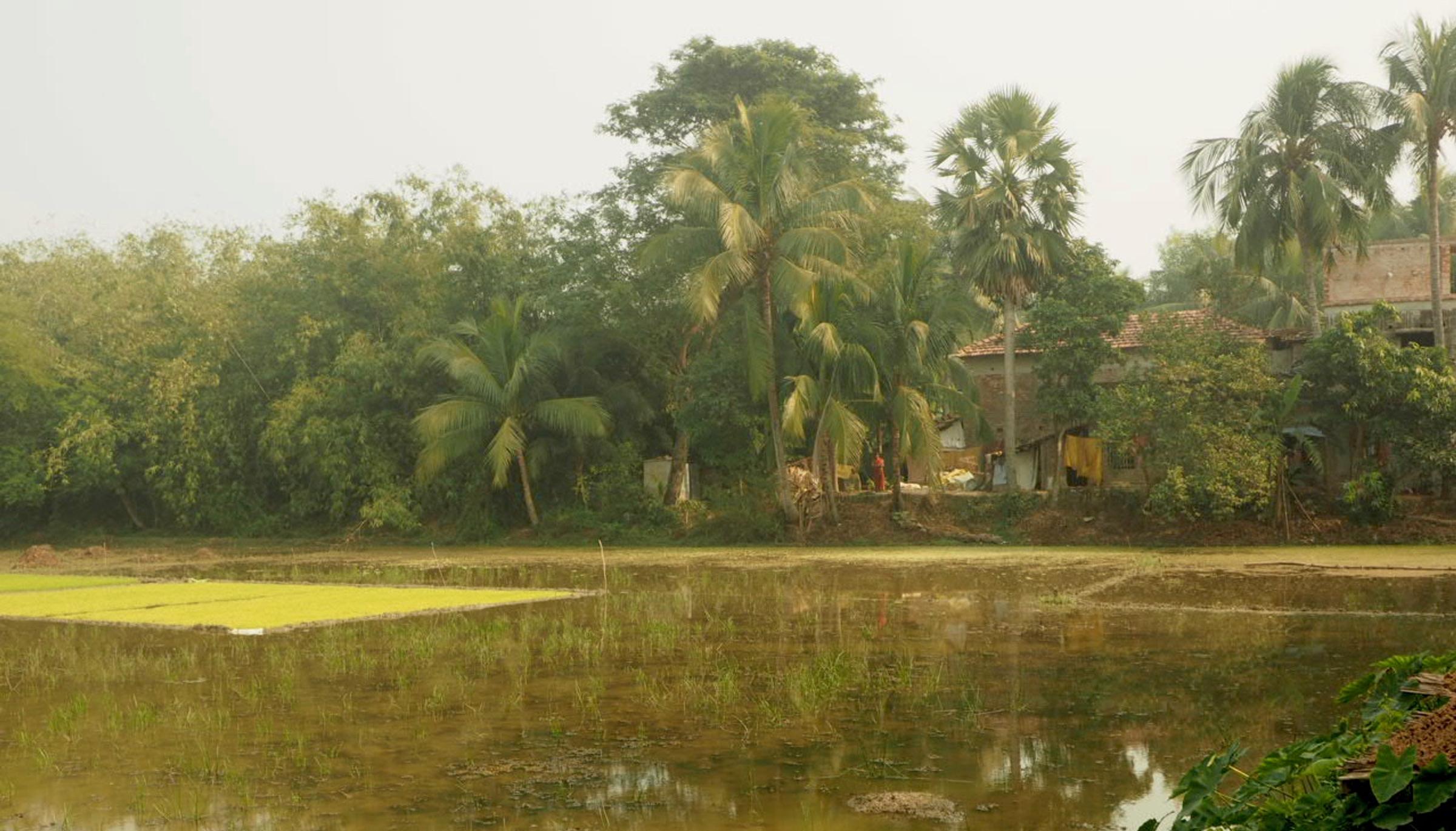Project Hamrahi Report (1)

Sarah Begley
What Being a Hamrahi Mentor Taught Me About Teaching
Having travelled to India on five occasions as a palliative care mentor, I find myself in the fortunate position to say that I've gained invaluable insights about teaching from those I've met and accompanied in their palliative care services. I feel humbled by the lessons learned, and wanted to share how I apply them in my role as a palliative care educator in Australia.
Above all else, relationships matter
The overarching theme of the Hamrahi program is centred around relationships, which I believe are the cornerstone of all effective teaching programs. It's crucial to acknowledge that we learn best from someone who is learning alongside us. When we journeyed to the Lakshadweep Islands, each visit strengthened our relationships and trust, leading to a more fruitful exchange of knowledge. This same principle holds true when I facilitate three-week intensives for new palliative care workers. Investing in relationships at the program's outset pays dividends in the end.
The ability to read the room and pivot accordingly in key
Stepping off the helicopter on Kavaratti Island, I had no idea what lay ahead. Each day, I presented to a new group—doctors, nurses, politicians or community caregivers—and each time, we needed to pivot based on the audience. I vividly recall addressing hundreds of Lakshadweep community members about end-of-life care. Despite the language barrier, the expressions on their faces signalled that the message wasn't resonating, prompting me to change tactics.
I asked a community member to come up and pretend to be a patient lying in a bed, so I could demonstrate what I was teaching about pressure area care. Reading the room and pivoting frequently has become a key aspect of my teaching approach.
There are more ways to deliver a message than via a PowerPoint
Five hours from the mainland by ferry, projectors and PowerPoint presentations are scarce. Teachers on remote islands effectively deliver their messages through demonstration, sharing personal experiences, and engaging in conversations. Inspired by these methods, I have adopted and prefer this approach in my own teaching.
I am humbled by the privilege of walking alongside colleagues in India. Our friendships continue and the fruits of what I learnt alongside them, continue to grow in my journey as a clinical educator.
